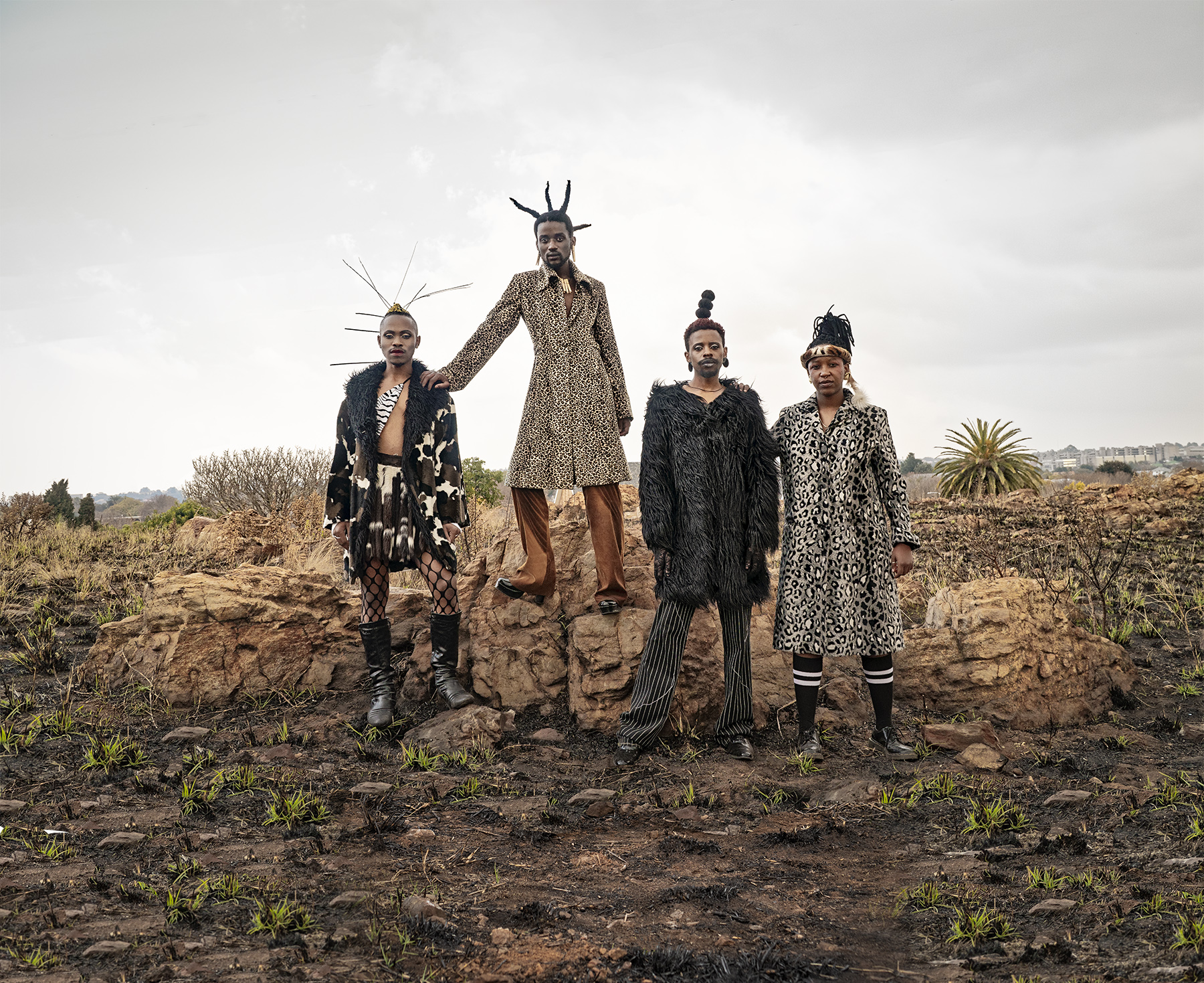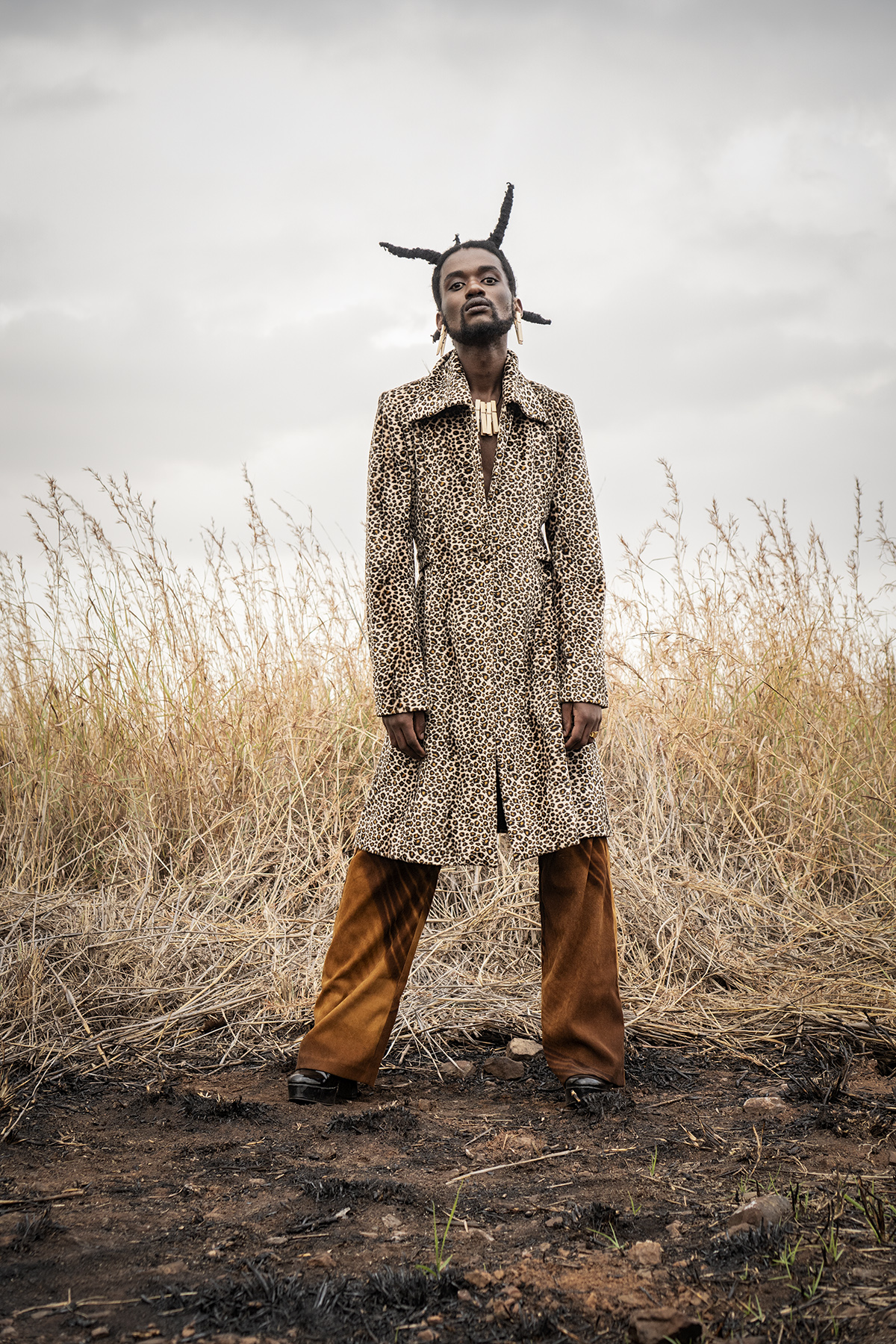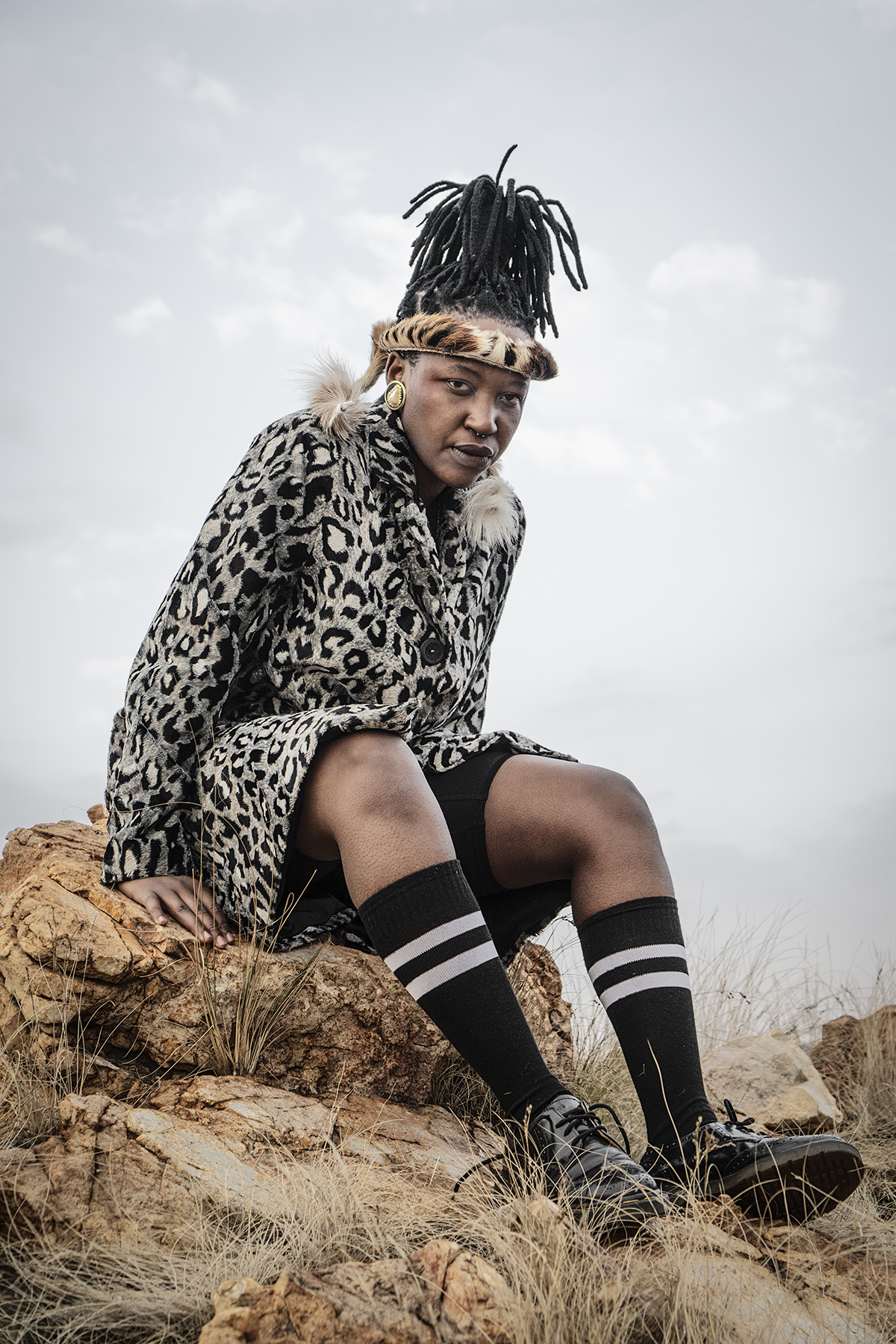That Tuesday Funk takes place every last Tuesday of the month at The Plug on 7th Avenue in Melville, Johannesburg. Originally, it was held at Hell’s Kitchen on the same street until that place shut down. Established by the boys of The Brother Moves On and co, the iconic jam session has been known to host some of the best musicians in the country and the vibe is always good. If you haven’t experienced it yet—you’re a tourist.



But last night was a little different. On one hand, it showed just how far the project had come since its inception. It has not only survived the shift from Hell’s Kitchen to The Plug, but it is thriving. It has attracted a whole new audience! As I walked in, I noticed how much younger the attendees were. This was a beautiful, put-together bunch; dressed to the nines; and a good mix between the genders. Also, it was absolutely packed, like you didn’t even have space to stand, even outside.
Surprisingly, the crowd also seemed much more into music. There was less of that reserved head-bopping of hoity-toity jazz cats. These folks were out to play and they didn’t care who was watching. Back in the day, I used to be one of the first to rush in and try to secure my spot close to the stage so that I could soak up every ounce of music. I would even forego the vibe outside to be upfront. This time that wasn’t the case. There were quite a lot of people already seated trying to secure their seats long before any music started playing.
And when the music did start playing, it was fun to see a lot of young musicians get on the stage. THAT Tuesday Funk is a jam session after all, so the point is to see people bust their chops. At the same time, one couldn’t help but spot the difference. Firstly, it seemed less curated. The stage was as packed as the audience. There were so many chefs in the kitchen. You barely got to see anyone from The Brother Moves On or, the original group of, I would say, older musicians that have made the event so phenomenal.

While the big boys did not necessarily come out to play, the young cats were hungry for that spotlight. Everybody wanted a solo. You could see the tension between musicians fighting to get their place on the stage, partly because it was such a good, plump audience. Again, knowing the right moment for a solo, and where to take it, is something only a seasoned musician would respect.
The whole thing was an incredible reflection on the original musicians who founded That Tuesday Funk. Not only was their absence sorely felt, but it also showed their generosity in allowing the new crop of musicians to take up so much space. But that same kindness and generosity also robbed the audience of the really good music that they had come to associate with That Tuesday Funk.
So, it’s a double-edged sword where, yes, it is time for young musicians to get their training wheels off; get the miles in and get to play in front of live audiences. And it’s just magical to see. But it’s also quite clear that they’re just not as good. Not yet. And it’s bittersweet to see the OGs perhaps getting older and more humble. Realising that they have to compete with musicians who are so green. Perhaps they’d rather not. Rightly so.

That being said, there were glimmers. Like last night, when Gontse Makhene squeezed his way to the front and took a solo on his talking drum. The man is a magician. The moment was sublime. It was spiritual. Like flying, or rather levitating into some unknown realm. But it was fleeting and he was soon overtaken by another musician trying to get his solo in and accidentally killing a bloody beautiful beat.
The musicians who put this event together with the sweat off their backs did it because they love music and it gave them an opportunity to play together and get better. To be fair, they have succeeded and they’ve all done so well for themselves, that they probably don’t need the jam session any longer, but clearly, the young musicians coming up do and no one can deny that this thriving musical community will live on in the evolving narrative of this golden city. That Tuesday Funk will simply never ever die!




